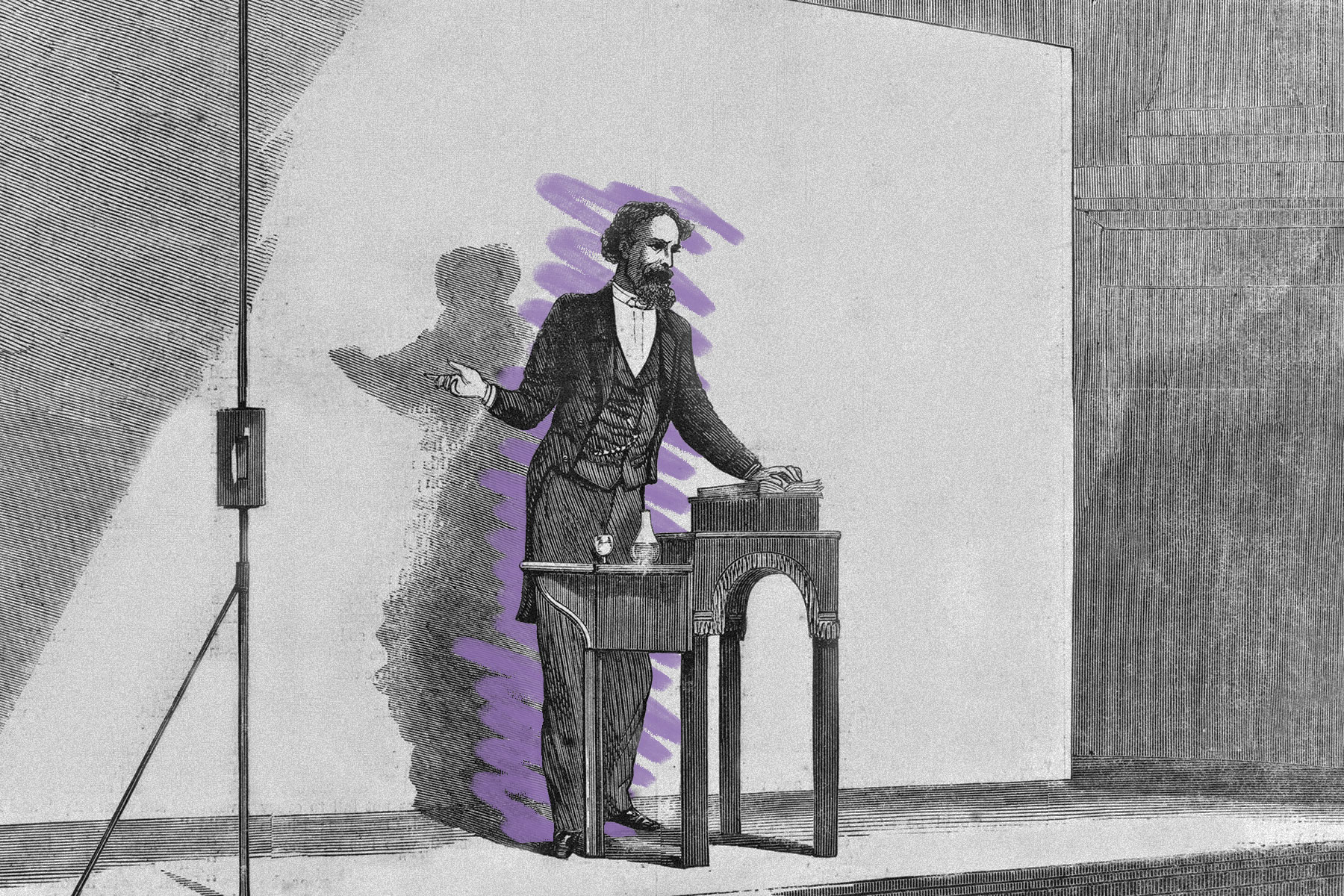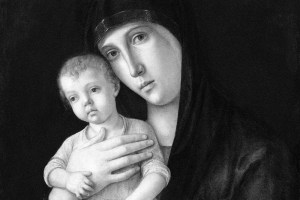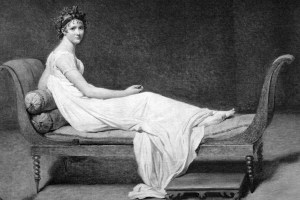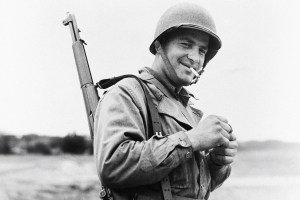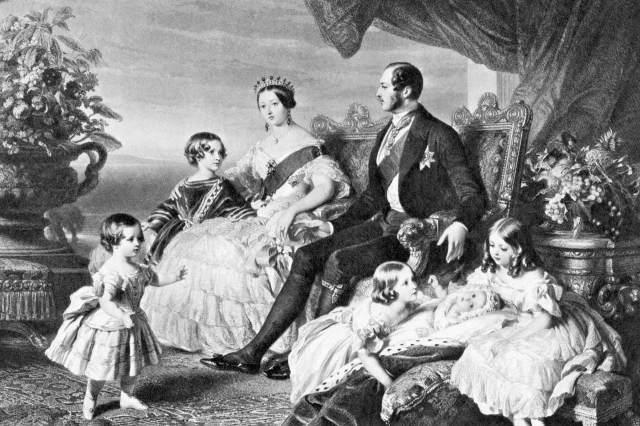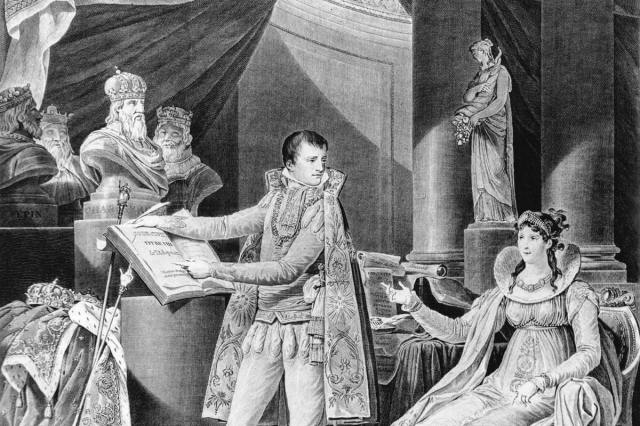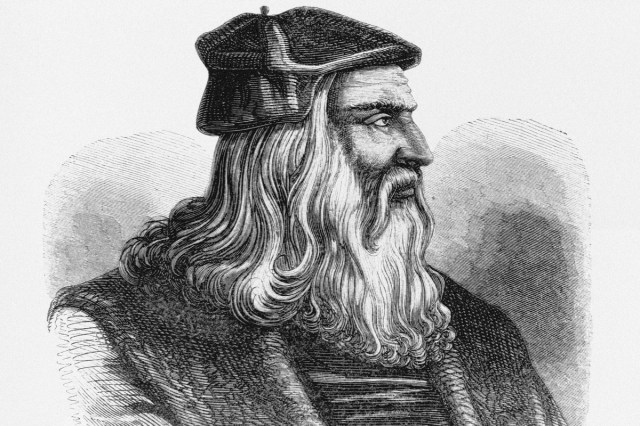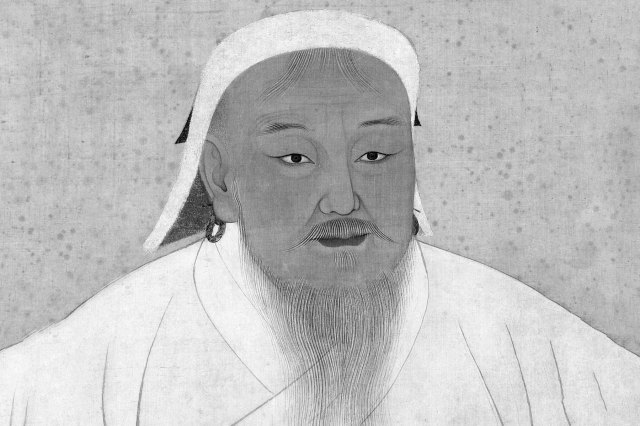Charles Dickens was in a paranormal investigation society called the “Ghost Club.”
Charles Dickens is known for a good ghost story. Some of his most famous works, including the 1843 novella A Christmas Carol, revolve almost entirely around the supernatural. The English author’s interest in spirits even extended beyond the written word: He was an original member of the Ghost Club in London, an exclusive group interested in dissecting all things otherworldly.
The Ghost Club claims to be the oldest society of its kind. It was formally founded in 1862, although its history dates back to informal gatherings of Cambridge University academics in the mid-1850s. Along with Dickens, the group has counted such literary luminaries as W.B. Yeats, Siegfried Sassoon, and Arthur Conan Doyle among its members. Spiritualism was a hot topic in Victorian-era England, and the curiosity and discussion around it was widespread: Physicists, philosophers, biologists, and more were found among the early Ghost Club members. The club kept minimal records, and little is known about specific investigations at the time of Dickens’ membership, but research suggests that ghostly encounters, clairvoyance, and exposing frauds working as mediums were all on the table.
Dickens, for all his obvious spiritual inclinations — including dabbling in hypnosis — was also healthily skeptical. “All such narratives must be received with the greatest circumspection, and sifted with the utmost care,” he wrote in an 1853 article about haunted houses. “Nothing in them must be taken for granted, and every detail proved by direct and clear evidence, before it can be received.” Dickens died in 1870 and the Ghost Club later disbanded, although not for long. It was revived in 1882, and despite fluctuations in activity, the club endured, and remains an active organization today.





